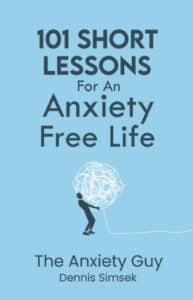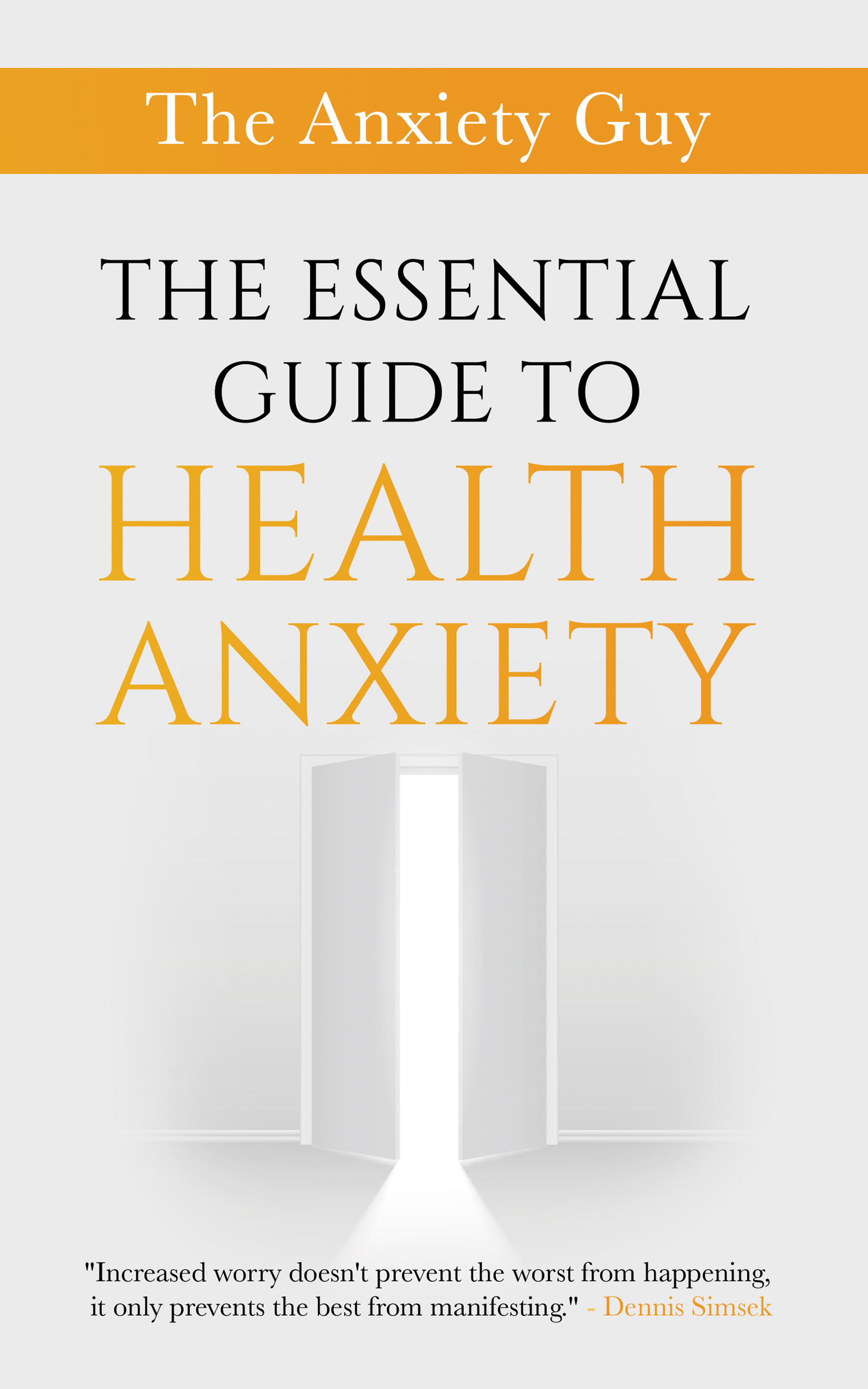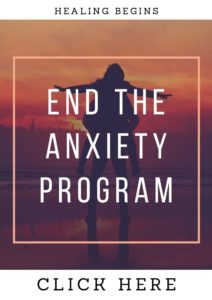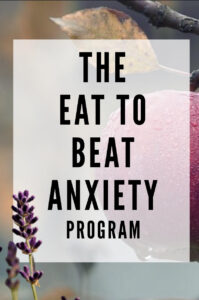
In today’s world of downsizing and job insecurity, burnout is scary. Thankfully, you can bust out of feeling physically and mentally burned out and get back to living free and peaceful again.
Getting Overwork Under Control
You’re working so hard that you can barely remember your own name. Slowing down will help you re-order your priorities in your life and on the job so you can beat the burnout. How do you know if you’ve crossed the line from stress to burnout? Experts say that it occurs when hope and energy fade, when you believe that your job is meaningless and that nothing can happen to change that.
Warning signs of being physically and mentally burned out:
Negative emotions – It’s normal to feel angry, depressed, dissatisfied or anxious occasionally. But if you’re caught in the burnout cycle, you’ll feel these emotions more often, until they become chronic and you experience adrenal fatigue.
Interpersonal problems – When you feel emotionally drained, it’s harder to deal with others. When conflicts arise, you may overreact with an emotional outburst or intense hostility. This makes communicating with co-workers, friends and family increasingly difficult.
Health problems – As your emotional reserves become depleted and the quality of your relationships deteriorates, your physical resilience fades. You may experience frequent colds, headaches, insomnia, backaches and other minor ailments. In general, you feel tired but wired.
Below-par performance – You may become bored with your job or lose enthusiasm for your projects. Or you may find it difficult to concentrate. You become less productive and the quality of your work declines.
Substance abuse – To cope with the stress of burnout, you may start to drink or use drugs, eat a lot more or less, drink more coffee or smoke cigarettes. Substance abuse further compounds your problems.
Feelings of meaninglessness – You find yourself asking, “So what?” and “Why bother?” This is particularly common among burnout victims who were once very enthusiastic and dedicated. Your former idealism and enthusiasm is replaced by cynicism, and everything seems pointless.
Am I Burning Out?
Read each of the following statements and rate how often it is true for you on a scale of 1 (rarely true) through 5 (usually true). Then add up your score (not meant to be considered medical advice):
1) I feel tired even when I’ve had adequate sleep.
2) I am dissatisfied with my work.
3) I feel sad for no apparent reason.
4) I am forgetful.
5) I am irritable and snap at people.
6) I avoid people at work and in my private life.
7) I have trouble sleeping because I worry about work.
8) I get sick more than I used to.
9) My attitude about work is “why bother?”
10) I often get into conflicts.
11) My job performance is not up to par.
12) I use alcohol and drugs to feel better.
13) Communicating with others is a strain.
14) I can’t concentrate on my creative sides as well as I used to.
15) I am easily bored.
16) I don’t like going to work.
17) I feel frustrated with my work.
18) I work hard but accomplish little.
19) Social activities are draining.
20) Sex is not worth the effort.
21) I watch TV most of the time when I’m not working.
22) I don’t have much to look forward to in my work.
23) I worry about work during my off hours.
24) Feelings about work interfere with my personal life.
25) My work seems pointless at the moment.
Scoring to see whether you are physically and mentally burned out:
25-50: You’re doing well. 51-75: You’re okay if you take preventative action. 76-100: You’re a candidate for burnout. 101-125: You’re burning out.
If you feel physically and mentally burned out you will need to strike the right chord in terms of balancing out your day. You must make sure that you separate yourself from anything that further stimulates and drains you, and move towards calming environments, people, and exercises that bring you a pleasant feeling.
Less is more when you’re physically and mentally burned out, here are a few more simple changes…
Let a Smile be Your Umbrella
I know that it sounds trite. But it really is true. If you look at the bright side, chances are that life will start looking up. Accentuate the positives. Is the glass entirely empty or at least half-full? When work is going badly, we make it even worse by stressing about everything that’s rotten and forgetting anything that’s good.
Get a Life
Work is important. You may spend more time there than at home. But work isn’t everything.
Energize your outside life
Don’t allow work to be the only thing that matters to you. How about family, children, hobbies, or volunteer work? Once you figure out what’s important to you, put more energy into the areas that you’ve neglected. Also, begin visiting nature on a regular basis as this will go a long way towards healing your anxiety.
Turn off the TV
Research has shown that hobbies and other activities energize you and make you feel rejuvenated, while sitting in front of the TV makes you feel tired and depressed. Activities can be anything that makes you feel pleasant inside. From stamp collecting too karate to playing with your kids or dog.
Do something different, regularly
You’ve always wanted to go bungee jumping or hike the back paths of the Grand Canyon, but one thing or another kept you from carrying through. Do it now (as the lockdowns come to an end). You’ll forget about hating your job while you’re focused on a new and exciting activity.



















